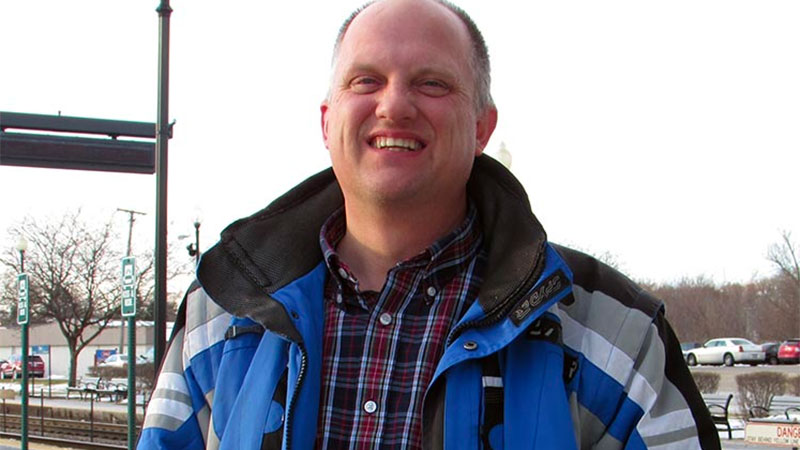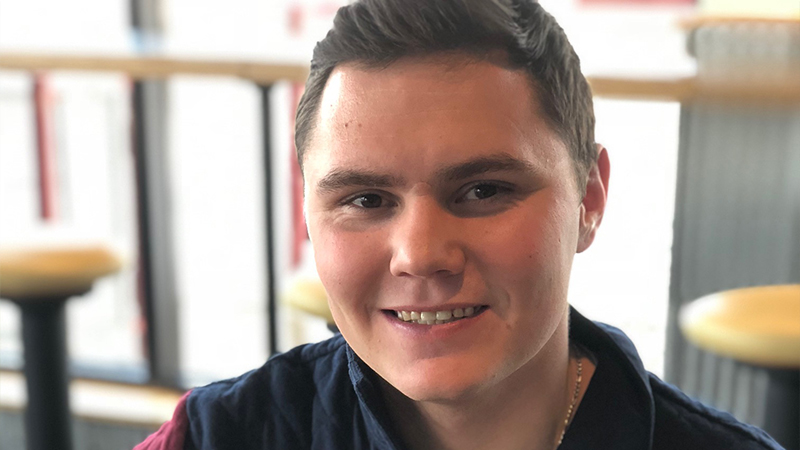Reflux, meet
relief.
If acid reflux is keeping you up at night, the doctors at NCH can help you rest easy.
Who’s Affected
Gastroesophageal reflux disease (GERD) affects up to:
Symptoms
If you experience any of these symptoms regularly, you may have GERD.
Heartburn or chest pain
Regurgitation
Food feels stuck in your chest or nausea after a meal
Difficulty swallowing
Diagnosis
A proper diagnosis is key to determining the right treatment for you. These are proven techniques to correctly identify if you have GERD.
Esophagogastroduodenoscopy (EGD)
Examines the lining of the esophagus and stomach and a portion of the upper intestine.
Esophageal manometry
Measures how the muscles in your esophagus contract when you swallow.
Cellvizio®
Technology used during an EGD to examine the esophagus and determine if precancerous cells are present.
Bravo™ pH test
A 48-hour test that uses a capsule attached to your esophagus to measure the pH in your esophagus.
Video swallowing study
Involves swallowing a barium solution and using X-ray technology to see how your esophagus functions when you swallow.
Treatments
Treatment options include:
Expertise
Willis Parsons, M.D.
Sean Barnett, M.D.
Martina Santiago, DNP, FNP-C, BSN
Robert Rao, M.D.
Willis Parsons, M.D.
 Dr. Parsons is Medical Director of the GI Center at NCH. He specializes in advanced GI endoscopic procedures, including newer treatments for GERD such as transoral incisionless fundoplication (TIF). Dr. Parsons completed his residency and fellowship at Brigham and Women’s Hospital in Boston. He is also the Director of the Center for Advanced Therapeutic Endoscopy, located in the Busse Center building on NCH’s campus.
Dr. Parsons is Medical Director of the GI Center at NCH. He specializes in advanced GI endoscopic procedures, including newer treatments for GERD such as transoral incisionless fundoplication (TIF). Dr. Parsons completed his residency and fellowship at Brigham and Women’s Hospital in Boston. He is also the Director of the Center for Advanced Therapeutic Endoscopy, located in the Busse Center building on NCH’s campus.
Sean Barnett, M.D.
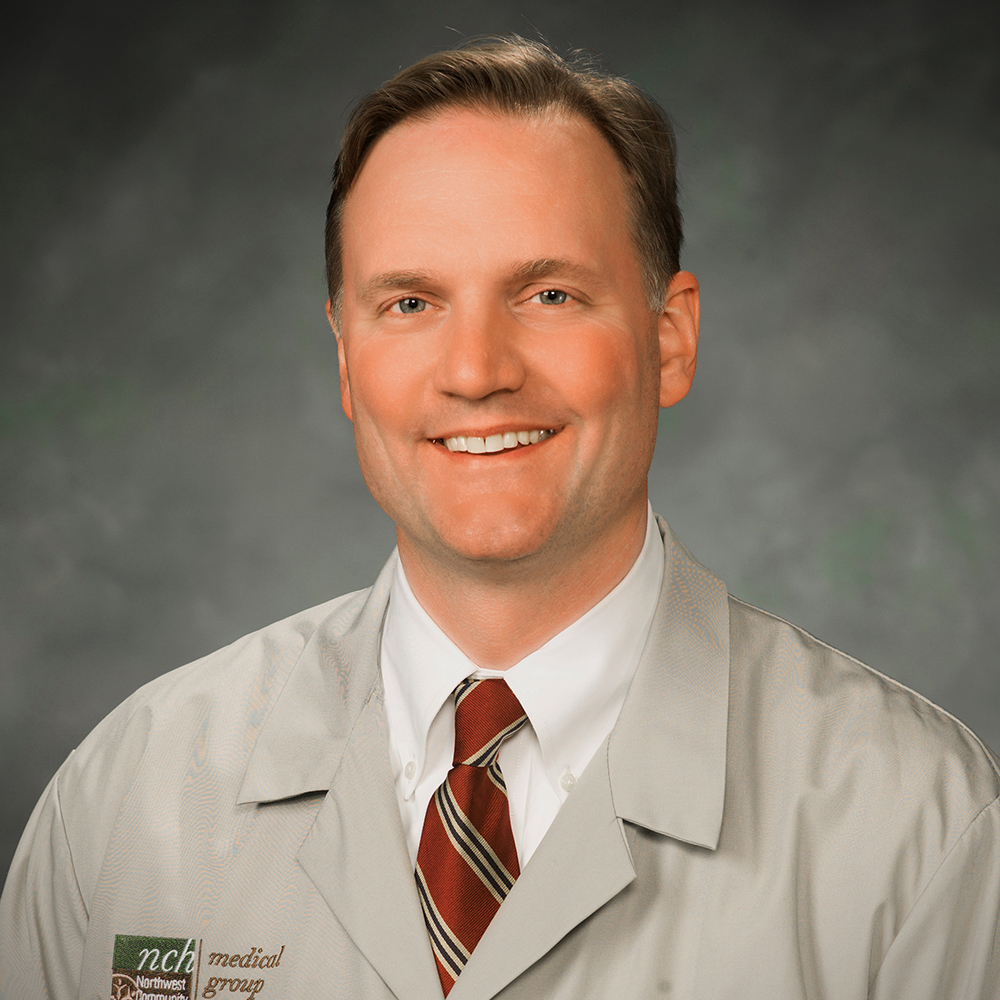 Dr. Barnett is a general surgeon with the NCH Medical Group. He performs LINX reflux and laparoscopic hiatal hernia repair procedures. Dr. Barnett earned his medical degree from Loyola University, where he also completed his internship and residency.
Dr. Barnett is a general surgeon with the NCH Medical Group. He performs LINX reflux and laparoscopic hiatal hernia repair procedures. Dr. Barnett earned his medical degree from Loyola University, where he also completed his internship and residency.
Martina Santiago, DNP, FNP-C, BSN
 Martina Santiago is the patient nurse practitioner / navigator for the NCH Acid Reflux Center. As part of her role, she educates patients on the disease process of GERD and helps them better understand their symptoms and condition. She also explains the various tests, treatments and surgeries available. Ms. Santiago has an extensive background in esophageal disorders including GERD. She received her doctor of nursing practice degree from Rush University, with a specialty in families.
Martina Santiago is the patient nurse practitioner / navigator for the NCH Acid Reflux Center. As part of her role, she educates patients on the disease process of GERD and helps them better understand their symptoms and condition. She also explains the various tests, treatments and surgeries available. Ms. Santiago has an extensive background in esophageal disorders including GERD. She received her doctor of nursing practice degree from Rush University, with a specialty in families.
Robert Rao, M.D.
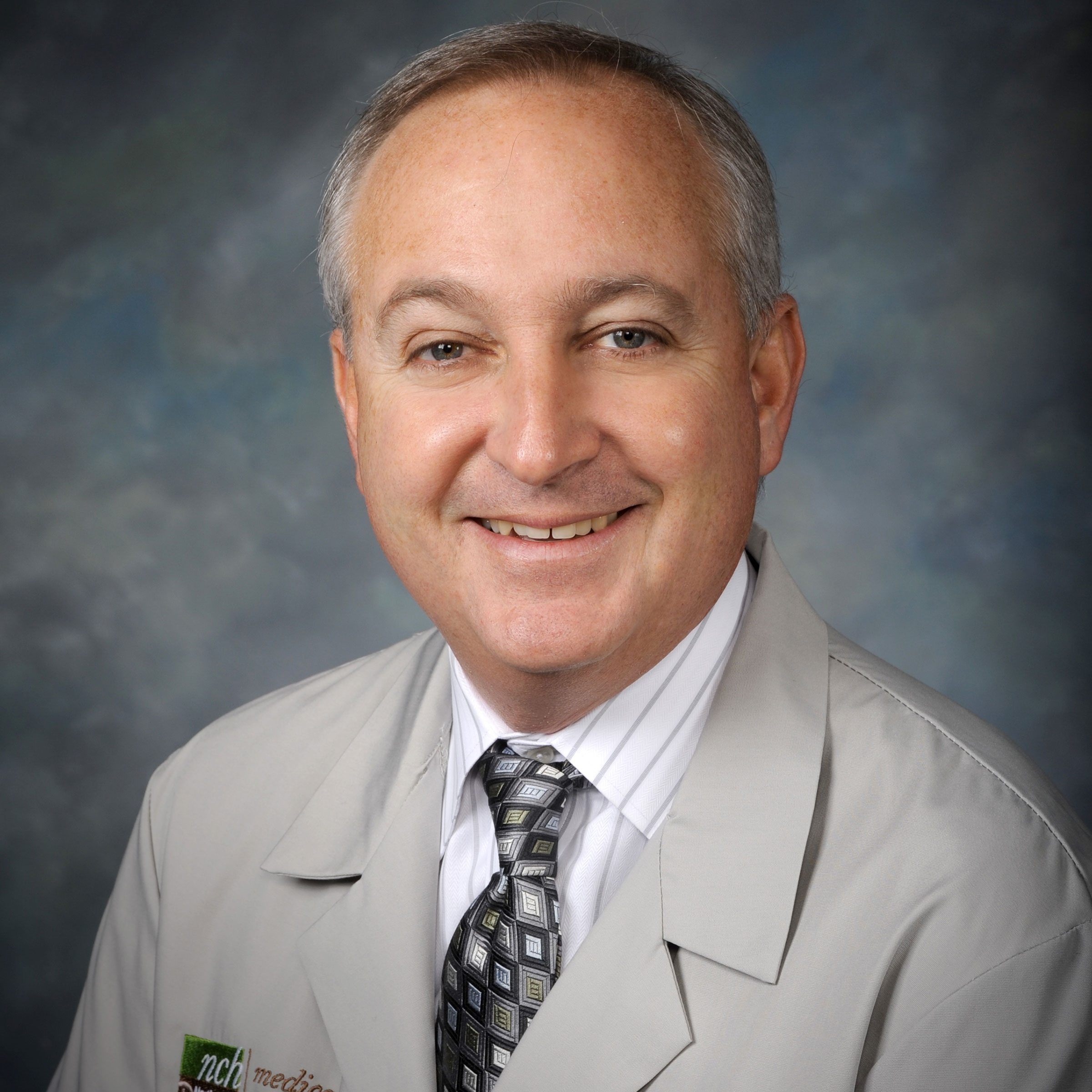 Dr. Rao is Medical Director, Surgical Services at NCH and a general surgeon with the NCH Medical Group. He earned his medical degree from University of Missouri – Kansas City. Dr. Rao completed his internship and residency at Loyola University.
Dr. Rao is Medical Director, Surgical Services at NCH and a general surgeon with the NCH Medical Group. He earned his medical degree from University of Missouri – Kansas City. Dr. Rao completed his internship and residency at Loyola University.
Expertise
Robert Aki, M.D.
Daniel Conway, M.D., FACS
Thomas Pae, M.D.
Robert Aki, M.D.
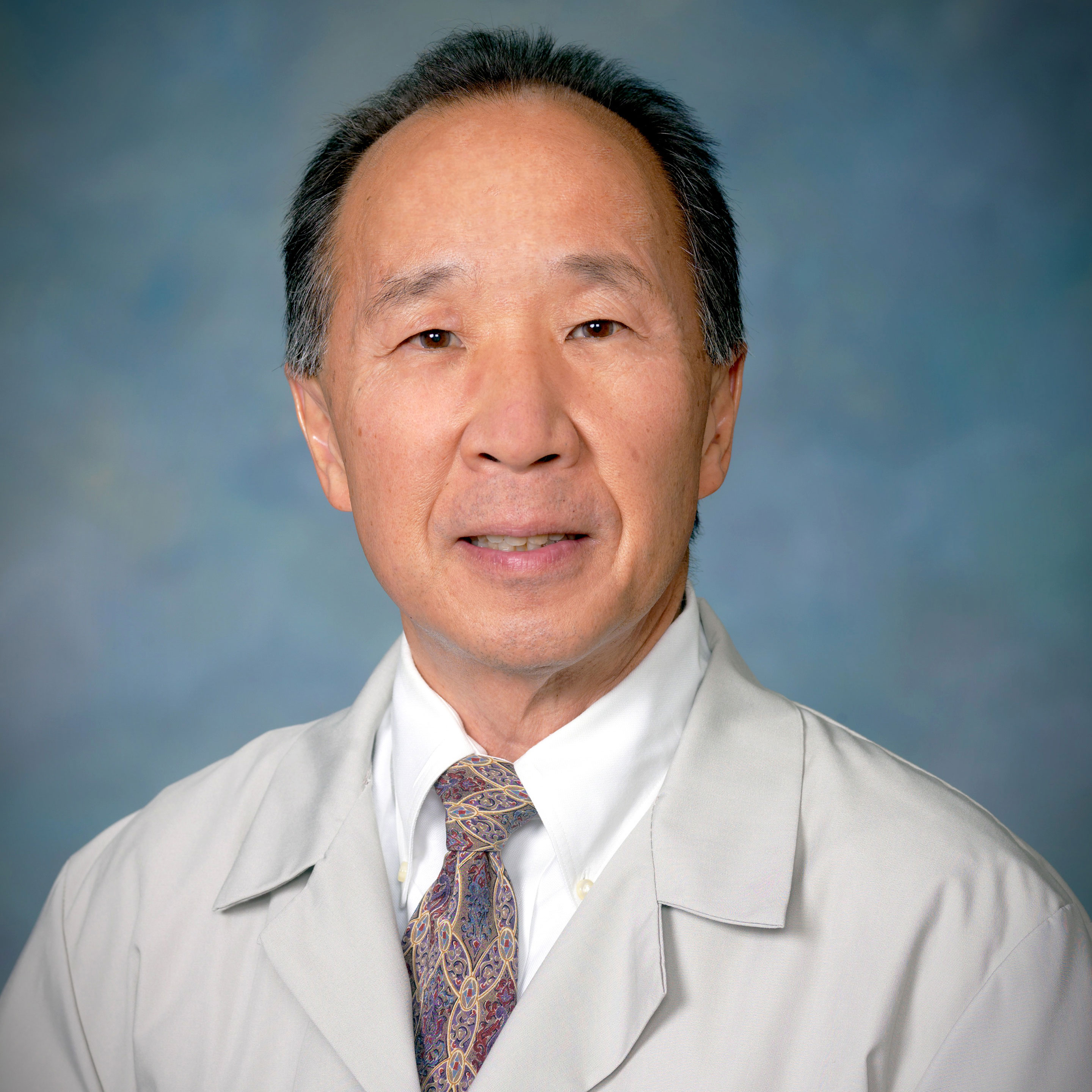 Dr. Aki is a general surgeon with the NCH Medical Group. He earned his medical degree from the Chicago Medical School, Rosalind Franklin University of Medicine and Science. Dr. Aki completed his internship and residency at University of Illinois.
Dr. Aki is a general surgeon with the NCH Medical Group. He earned his medical degree from the Chicago Medical School, Rosalind Franklin University of Medicine and Science. Dr. Aki completed his internship and residency at University of Illinois.
Daniel Conway, M.D., FACS
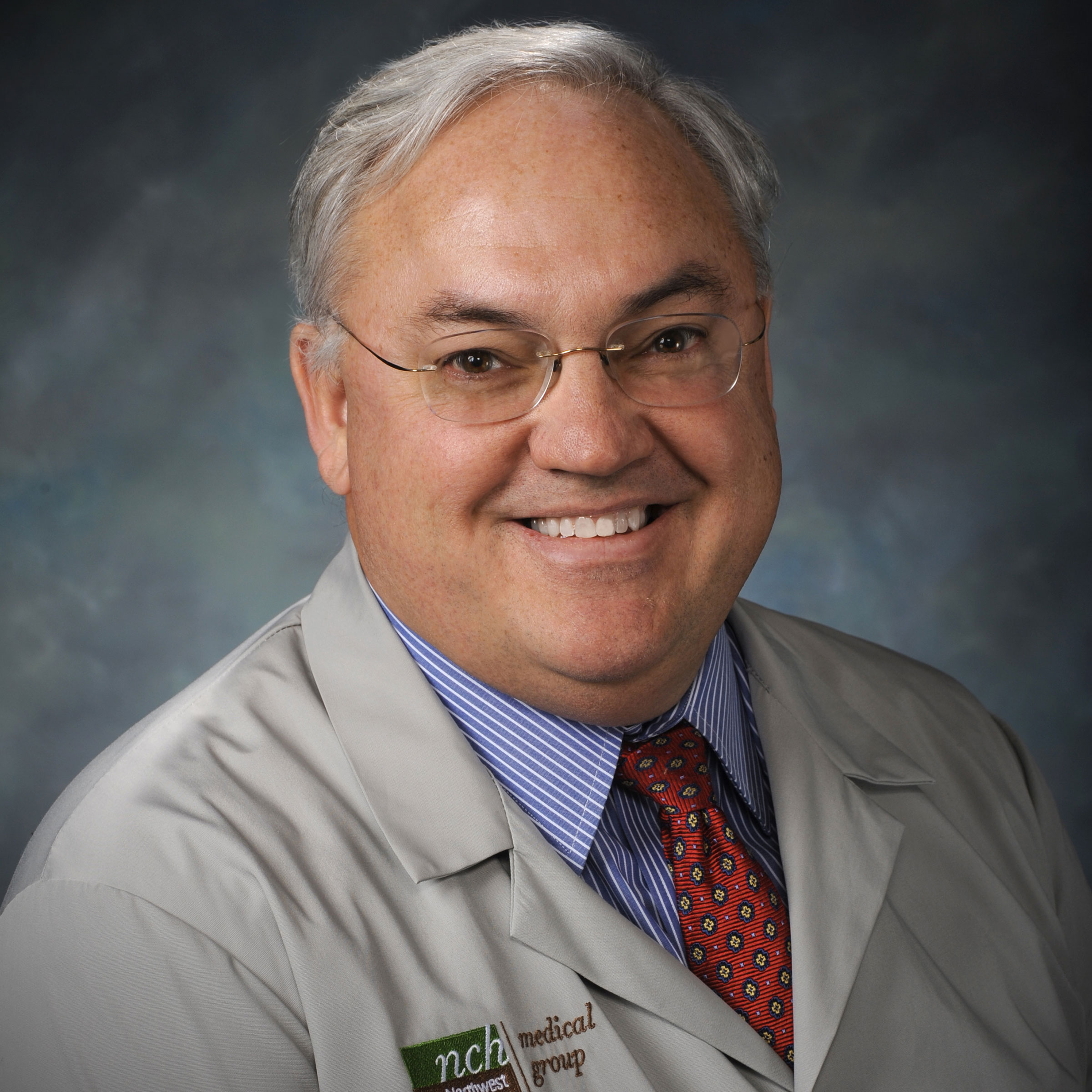 Dr. Conway is a general surgeon with the NCH Medical Group. He earned his medical degree from Loyola University, where he also completed his internship and residency.
Dr. Conway is a general surgeon with the NCH Medical Group. He earned his medical degree from Loyola University, where he also completed his internship and residency.
Thomas Pae, M.D.
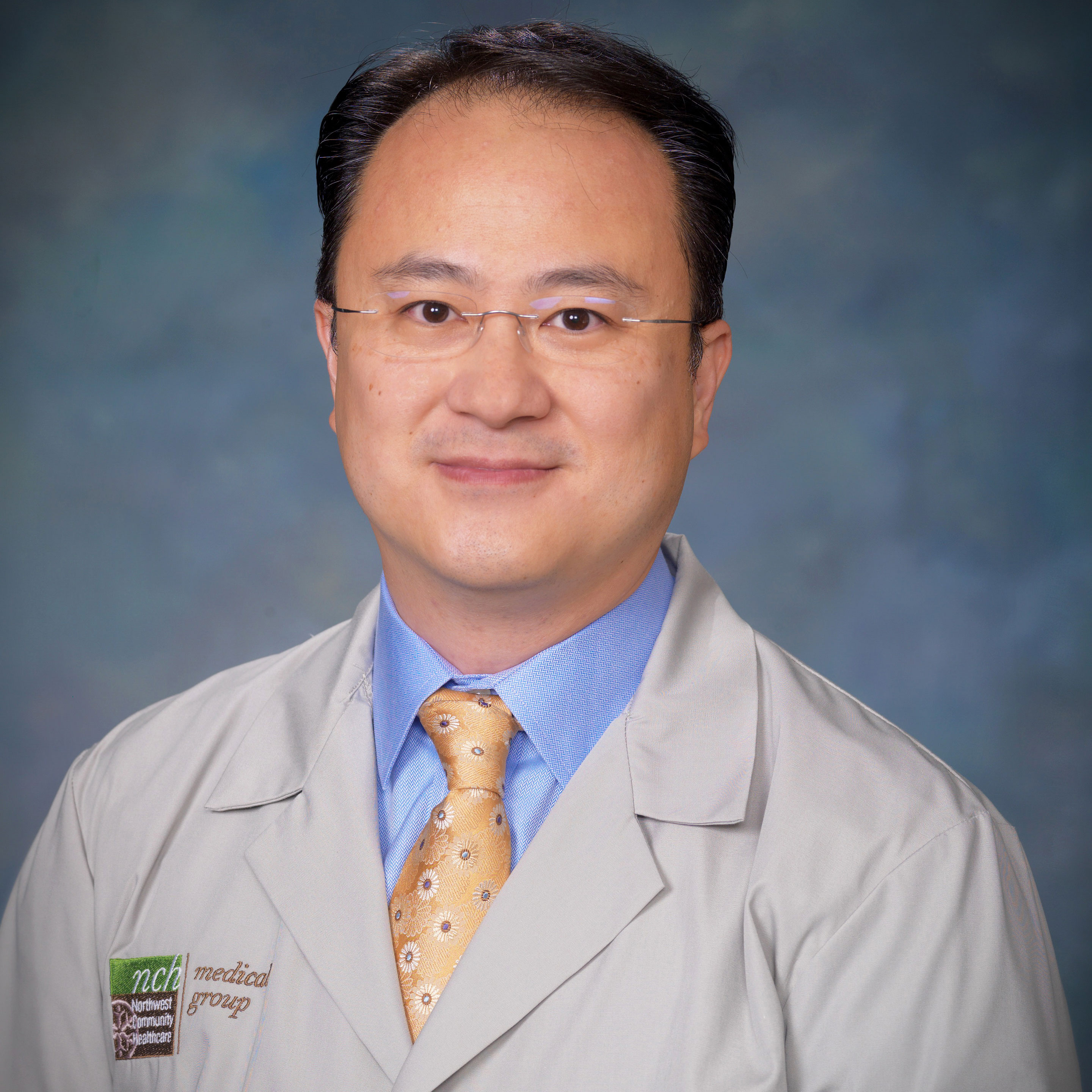 Dr. Pae is a general surgeon with the NCH Medical Group. He earned his medical degree from New Jersey Medical School and completed his internship and residency at Hospital of St. Raphael in New Haven, Connecticut.
Dr. Pae is a general surgeon with the NCH Medical Group. He earned his medical degree from New Jersey Medical School and completed his internship and residency at Hospital of St. Raphael in New Haven, Connecticut.
GERD Assessment
Take our online screening test to find out if you’re at risk for something more serious and what can be done about it. We have personalized treatment options to relieve your symptoms.
Despite its name, heartburn doesn’t affect the heart. Heartburn is a burning pain or discomfort that can move up from your stomach to the middle of your abdomen and chest, along with a sour or bitter taste in the throat and mouth. Regurgitation is the sensation of acid backing up into your throat or mouth, producing a sour or bitter taste that may lead to a "wet burp" or vomiting. Chronic dry cough, especially at night can be a sign of GERD,where stomach contents backs into the esophagus. Other symptoms of GERD are clearing your throat often, trouble swallowing and feeling like food is stuck in your throat.
Dealing with other digestive issues? We have solutions.
Call 847-725-8640 to schedule an appointment with a NCH Medical Group gastroenterologist to get the relief you need.

